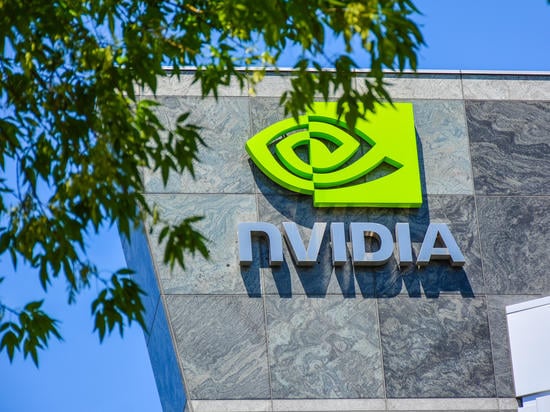This article first appeared on GuruFocus.
Nvidia (NASDAQ:NVDA) just told key suppliers like Samsung (SSNLF) and Amkor (NASDAQ:AMKR) to halt production of its H20 AI chipsthe pared-down accelerator built specifically for China. The move, first reported by The Information, follows mounting pressure from Beijing, which recently advised local firms to shun the H20 amid reported security concerns. That guidance has now turned into action. Shares of NVDA slipped about 1.3% in pre-market trading, while Chinese chipmakerslike Cambriconsurged as much as 20% on speculation that demand will flow toward homegrown alternatives. For investors hoping the H20 would revive Nvidia’s China business, this is a setback. The chip was already a compromise to navigate U.S. export rules, and now it’s facing a cold shoulder from both sides.
CEO Jensen Huang, speaking from Taiwan, admitted he was surprised by China’s reaction. He insisted the H20 contains no location-tracking or backdoorsand stressed that the chip was never designed for military or government use. Still, Nvidia is now walking a tightrope: trying to maintain commercial relevance in China while staying compliant with Washington’s shifting rules. Huang confirmed Nvidia is in discussions with both U.S. and Chinese authorities about a potential successor to the H20, but emphasized that any new product would be contingent on U.S. government approval. Translation: don’t expect clarity anytime soon.
Behind the scenes, inventory pressure may also be building. Semi-finished H20s are reportedly piling up at Amkor, and the $5.5 billion writedown Nvidia took earlier this year still looms large. Bloomberg Intelligence now sees fresh uncertainty for the China business, noting that shipments may not resume before year-end. But there’s a silver lining. Strong U.S. demand for Blackwell and robust AI infrastructure growth could soften the blow in the near term. Even so, the H20 saga is a sharp reminder: geopoliticsnot just siliconwill shape where Nvidia’s next leg of growth comes from.

